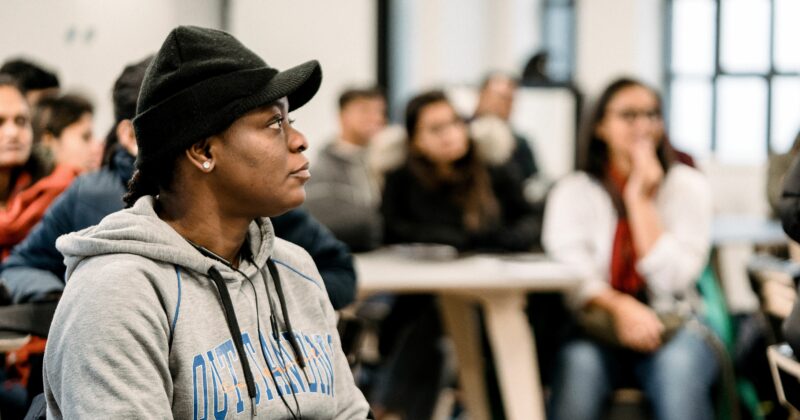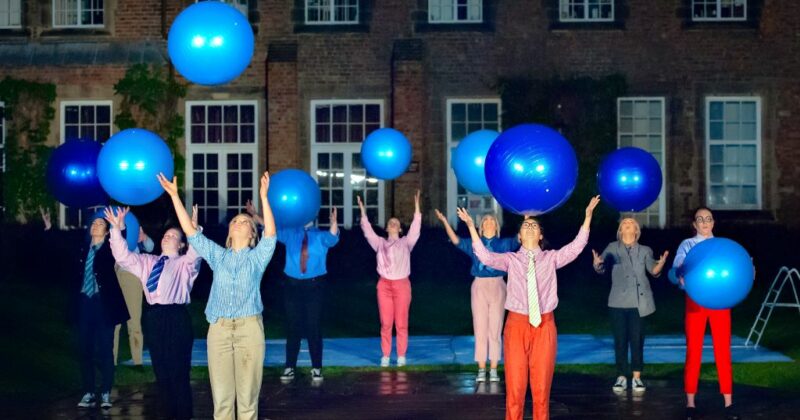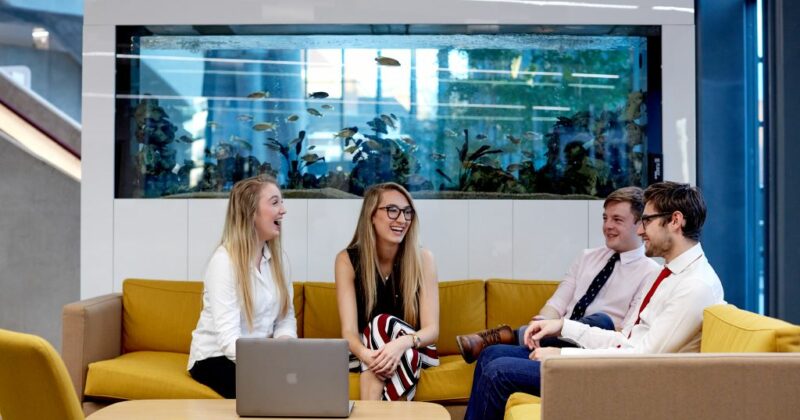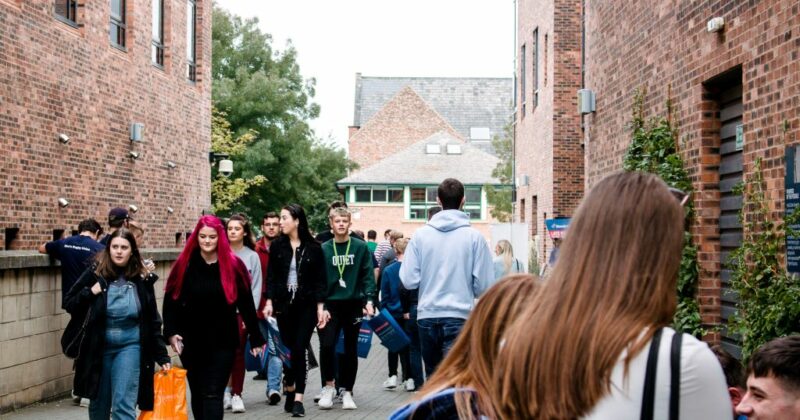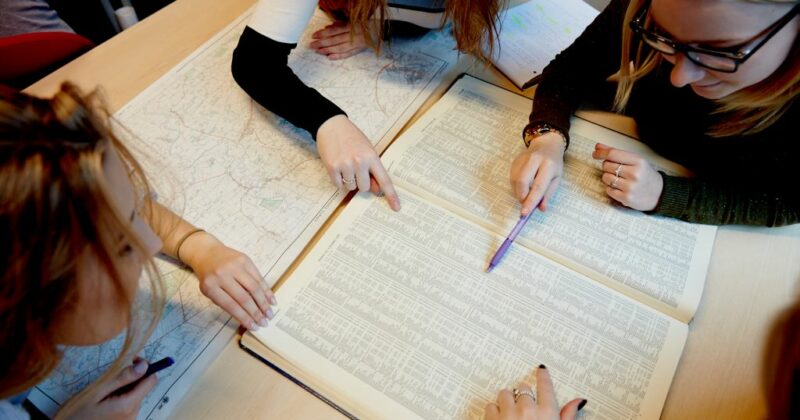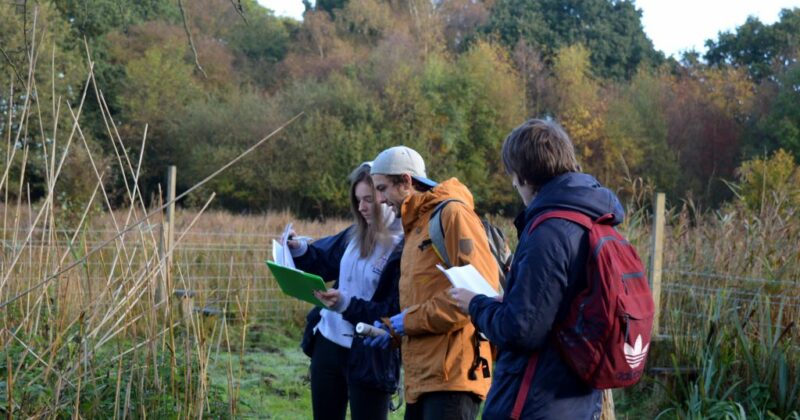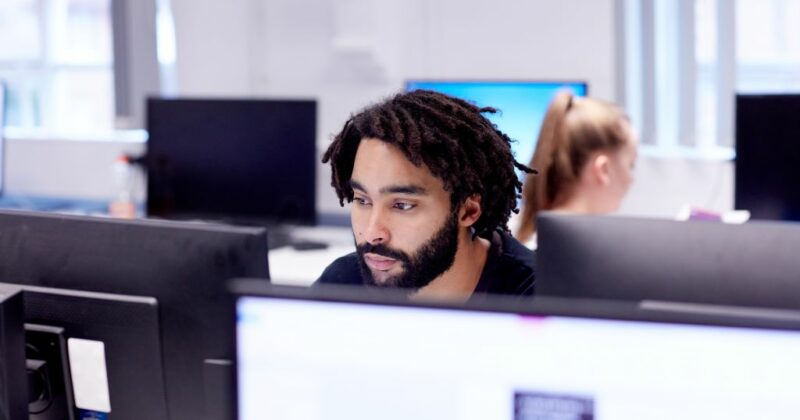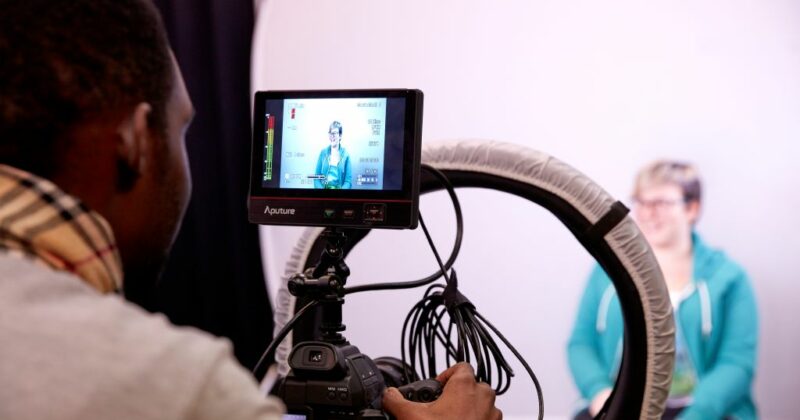
Theory, media and film
Session facilitator: Professor Steve Rawle
Session Overview:
There are so few academic disciplines as publicly maligned as Film and Media Studies (now often under the umbrella of Screen Studies), despite the centrally of forms of media to our everyday lives. Yet, Media Studies remains a political hot potato. In a discipline where there are also sharp divides between theory and practice, this raises the question of how Film and Media Studies theorises contemporary media cultures and defines its political contribution and impact.
How should you approach systematic searching for theoretical literature? When does theorising stop and critique or other methods begin? This session draws on a near-20-year journey in film and cultural theory, often at the lower-end of cultural distinction. It considers how to approach ‘theory’ as both an object and a critical framework, including: methods for evaluating and synthesising theory; theoretically-informed criticism; the ethics of theory; and generating impact as a theorist.
Learning Outcomes:
Identifying appropriate theoretical approaches
The pitfalls of theory and theorising
To book your place, use this link to Eventbrite here: Book now...
